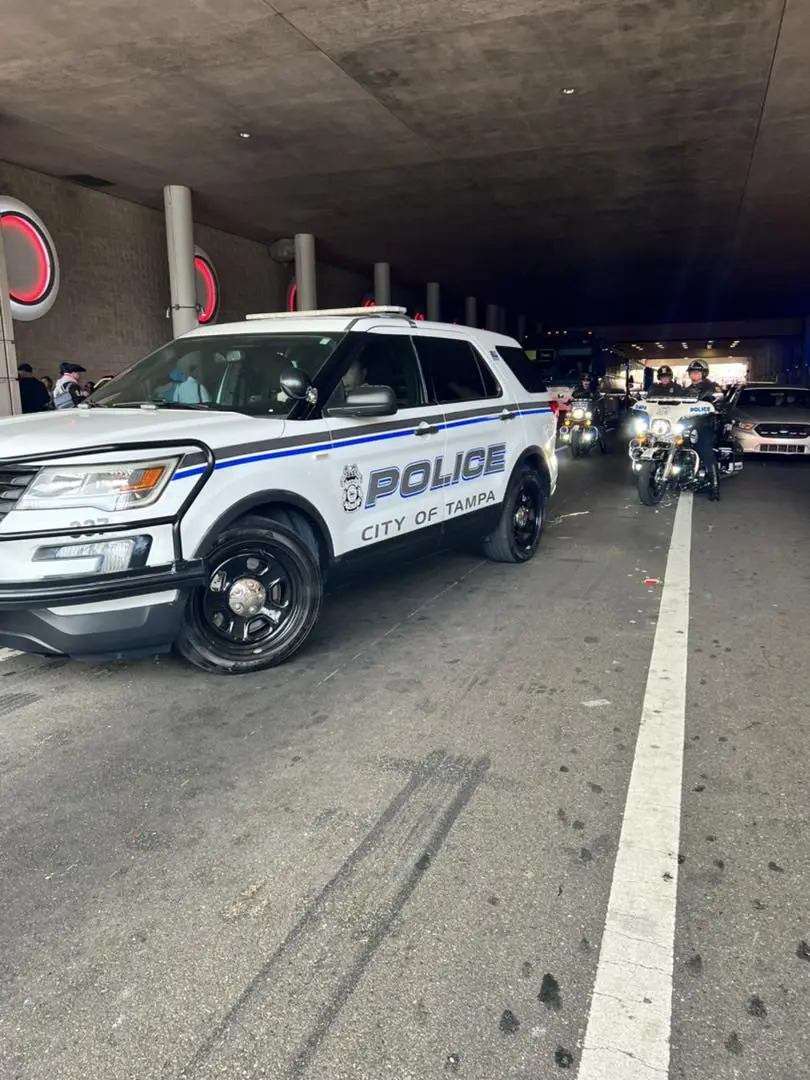This article is a few months old now, but I think it’s an incredibly important area of research and something that explains a lot of why America is like it is and how red states stay red.
Excerpt,
A study I co-authored with fellow researcher Kevin Morris, published in December in the American Political Science Review, finds that traffic stops by police stops in Hillsborough County reduced voter turnout in 2014, 2016, and 2018 federal elections.
Our study compared the voter turnout of Hillsborough motorists who were stopped by police shortly before and after each election. Drawing on information about each person’s turnout in past cycles, we found that these stops reduced the likelihood that a stopped individual turned out to vote by 1.8 percentage points on average. The effect held when accounting for characteristics like race, gender, party affiliation, past turnout, and prior traffic stops to improve our comparisons. The discouraging effect of stops was slightly higher in 2014 and 2018.
These results make clear that the collateral consequences of policing—including worsening outcomes for economic security, educational attainment, and health—also extend to political participation. If the communities who are most frequently subjected to policing are also discouraged from voting as a result, it could create a vicious feedback loop of political withdrawal.
Why would traffic stops make people less likely to show up to the polls? Past research has already established that the most disruptive forms of criminal legal contact, like arrest and incarceration, discourage people from voting. Our study shows that low-level police contact matters in the same way. If a traffic stop makes a motorist fear that the government will harm them, it can prompt a withdrawal from civic life that political scientists call “strategic retreat.” Motorists might worry that a routine traffic stop could escalate into police violence, a more common outcome for Black people in particular. Beyond justified fears of violent victimization, voters might also bristle at the perception of being targeted to raise revenue through excessive ticketing. Accordingly, if incarceration ‘teaches’ would-be voters that their government is an alienating and harmful force in their lives, traffic stops could catalyze a similar form of ‘learning.’
Full study is available here, and here’s an archived thread from a dumb website where one of the research study authors answered questions.



Yep, I think we’re on the same page.
Tangentially, a simultaneously fascinating and dismaying thing to explore is how the Israeli state got from “holocaust survivors” to “actively implementing an apartheid state”, the potential future trajectories their government and country could take if their fundamentalist/xenophobic tendencies aren’t controlled and reversed. There are frankly very good reasons why they were so hostile to all of their Arab neighbors for so long (reductively: they all wanted to genocide them pretty much immediately, so it was very much a frying pan -> fire situation for Israel’s formative years as a country)… but there are also some good reasons why those neighbors were hostile to Israel’s establishment - really, the location of the land they were granted - since it was a pretty direct artifact of western imperialism (“we’ve owned this land for a while, but we’ll give it to you”, disregarding the millennia of history and various factions and ethnicities in the region) (but that doesn’t excuse the pretty overtly genocidal rhetoric coming from most of their neighbors for a VERY long time, immediately on the heels of the Holocaust). I think there’s a LOT of lessons to be learned there, even absent a presently workable and equitable solution for the region, if people are willing to look at the situation from a holistic and objective viewpoint.